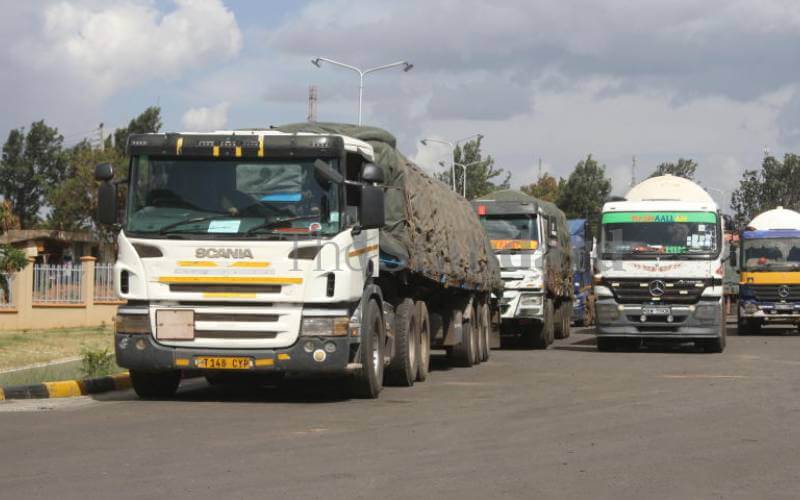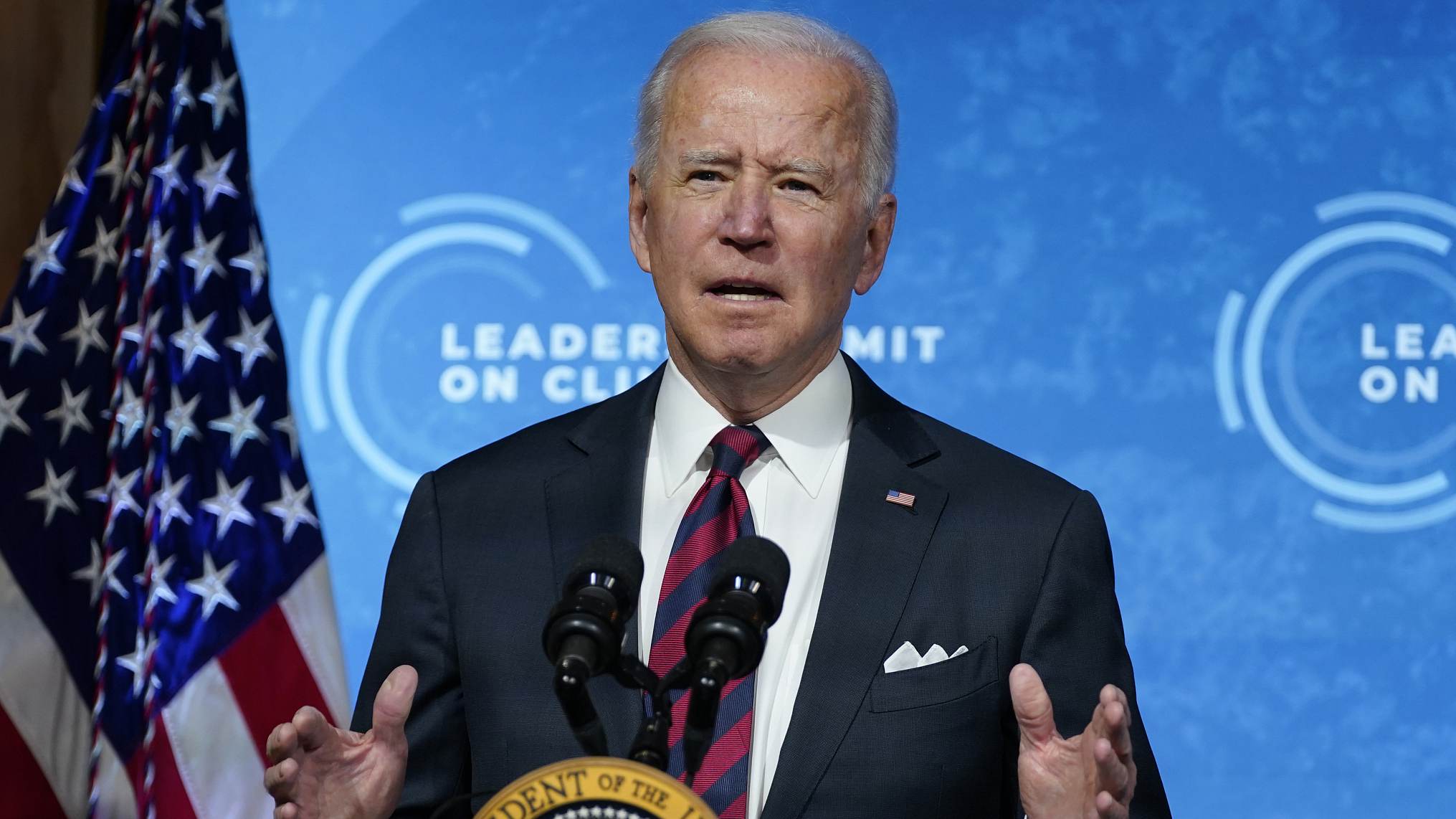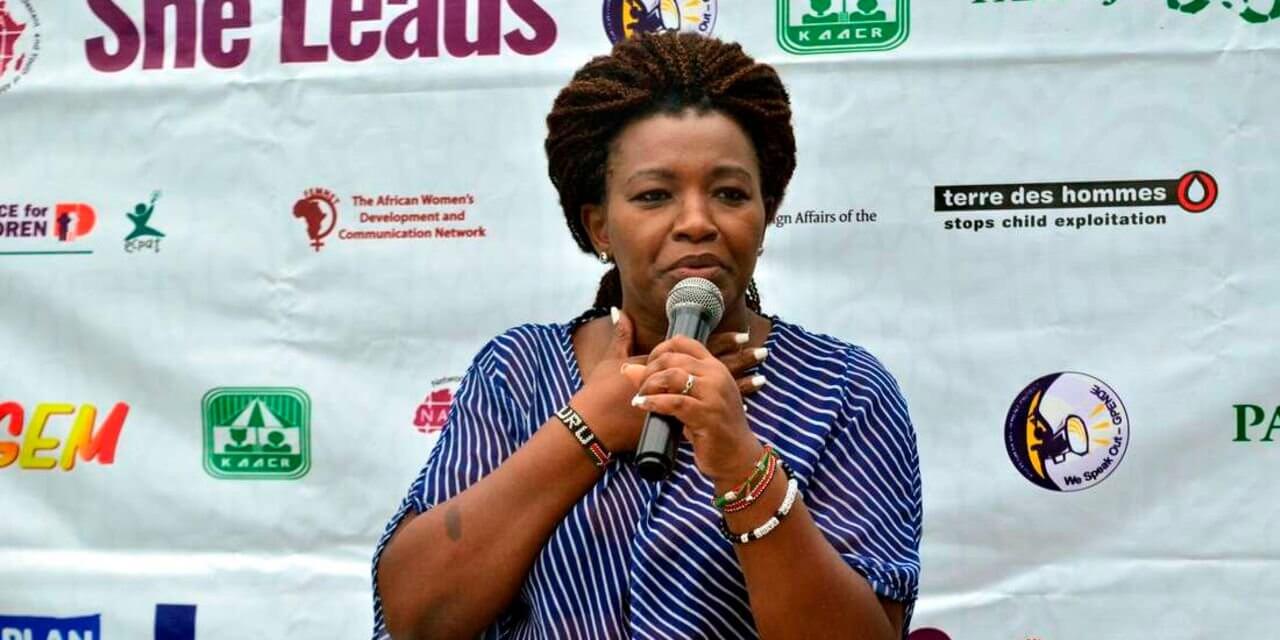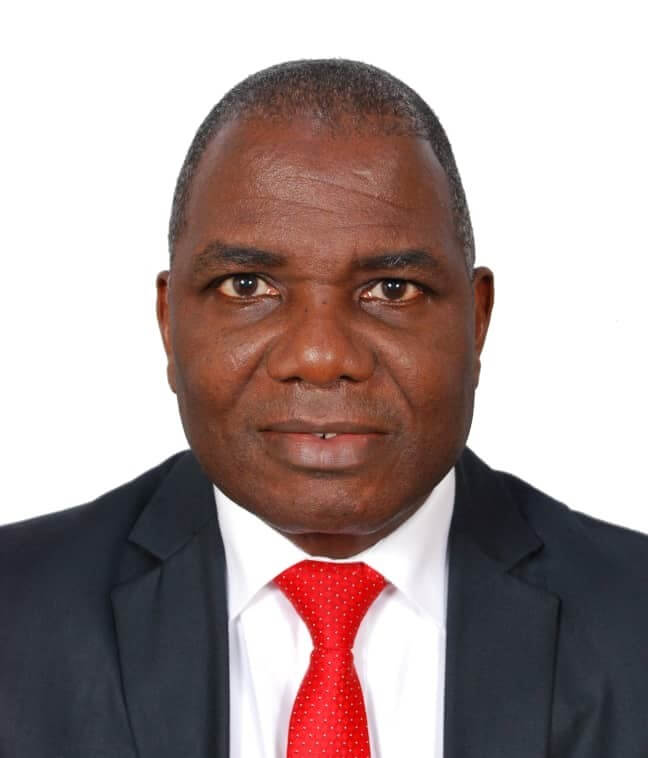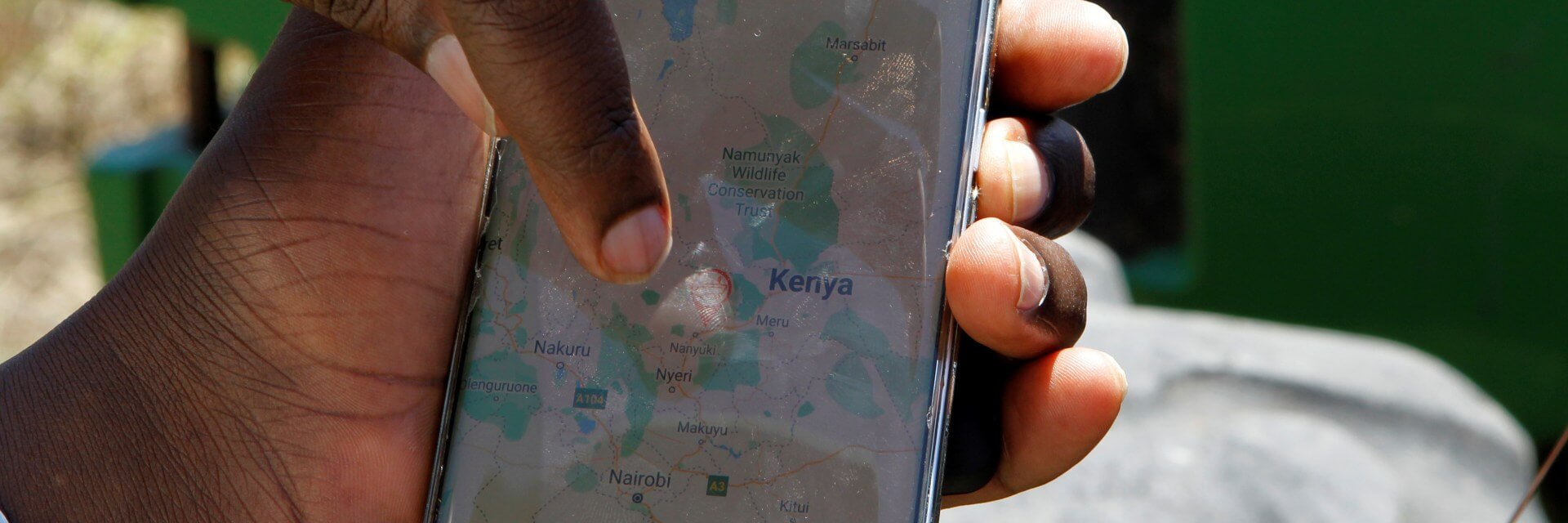Sector experts have expressed concerns that Africa is facing growing trade barriers from conflicting Covid-19 control measures. As such, there is need for the EAC Regional Coordination Committee (RCC) on Covid-19 to review and harmonize the East African Community (EAC) policies and measures to control the pandemic. In fact the, EAC Sectoral Council on Trade, Industry, Finance, and Investment (SCTIFI) is calling for harmonization of Covid-19 testing charges and the associated validity check of the tests. Member states f the EAC need mutual recognition of test certificates once issued otherwise, traders and transporters suffer a great deal during border crossing. Kenya, Tanzania agree on Covid-19 testing and cross-border movement - The East AfricanYou have frieghters coming from Tanzania entering Kenya only to have the latter or former country deny entry due to ‘in-validity’ of the Covid-19 test and certification. This does not only apply at Namanga or Hollili cross border points, for Tanzania and Kenya and Kenya and Uganda respectively, no it occurs across all border points for all EAC countries. It is a breathe of fresh air that SCTIFI has gone ahead and directed the Republic of South Sudan and the Republic of Uganda to operationalise the Nimule/Elegu One Stop Border Post (OSBP). The two countries are now required to place their country officials at the OSBP which at the moment they do not. The East African Community (EAC) is facing huge policy and regulation differences that affect efficiency of trade. For instance, despite having formed the ambitious EAC...
Conflicting tax policies hinder trade in Africa
Posted on: August 18, 2021
Posted on: August 18, 2021

